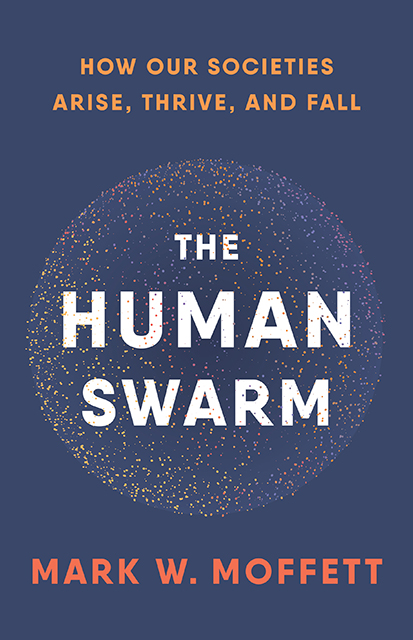
If a chimpanzee ventures into the territory of a different group, it will almost certainly be killed. But a New Yorker can fly to Los Angeles—or Borneo—with little fear. Psychologists have done little to explain this: For years, they have held that our biology puts a hard upper limit of about 150 people on the size of our social groups. But human societies are in fact vastly larger, as are the societies of some animals. How do such species manage—by and large—to get along with each other? Dr. Moffett examines the social adaptations that bind society members together and explores how the tension between identity and anonymity defines how those groups work—and sometimes don’t.
Mark W. Moffett is an entomologist at the Smithsonian Institution and a visiting scholar in anthropology at Harvard. Ever since doing his Ph.D. under environmentalist E. O. Wilson, he has been building a synthesis on how societies stay together and fall apart, across species and in humans right up to the present day. His most recent book, The Human Swarm: How Our Societies Arise, Thrive, and Fall brings together biology with modern psychology and anthropology with surprising insights. In addition to his research, he is known for his global exploration and many articles in National Geographic magazine.
This lecture was not recorded at the request of the speaker, Dr. Mark Moffett.

